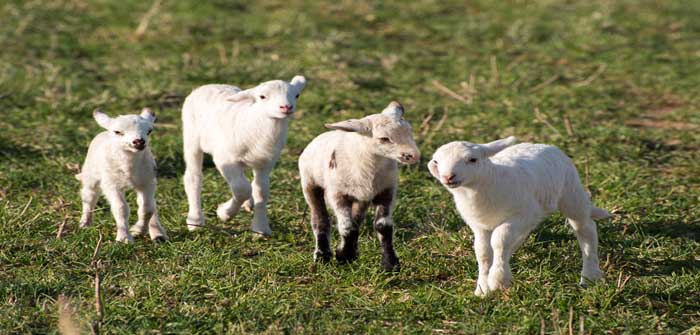Merial Animal Health is encouraging farmers to put effective parasite control plans in place using an individual approach based on farm-specific risks, to protect against losses in production and clinical disease associated with gastrointestinal nematodes or gutworms in weaned lambs.
Every farm has its own specific parasite profile – working closely with a vet or qualified animal health advisor to assess this, and getting to grips with the risk periods for different worm species, and the impact of season, climate and management practices on the parasite challenge will improve control.
Sioned Timothy, ruminant technical manager at Merial Animal Health, said that reviewing lamb performance and anthelmintic treatments administered so far this year will also provide an indication of the threat worms pose in the coming months.
Ms Timothy said: “Minimising the pasture challenge faced by growing and finishing lambs is the first step in effective worm control. Prioritising low risk pasture for lambs after weaning will help to maximise their performance and reduce reliance on wormer treatments. Low risk pasture includes reseeding, aftermath and pastures only grazed by cattle or other species this year.”
In addition to management strategies, a major factor affecting the effectiveness of control is the increasing emergence of anthelmintic resistance.
Ms Timothy added: “Understanding the principle of refugia is also vital for resistance management and sustainable worm control.
“To minimise selection for resistance a proportion of the worm population on the farm should remain unexposed to the wormer used at each treatment. This includes worms present in untreated animals and worms present on pasture. This mixed population of worms will act to dilute any resistant strains that may survive wormer treatments.”


